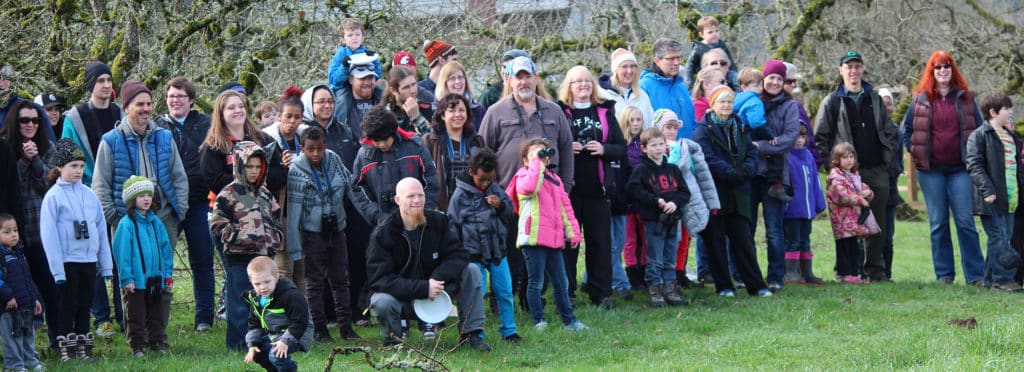
Organizations from throughout the state, not just the coast, signed onto the letter, because the bill has statewide implications. The specific goal of the legislation is to enable development in estuaries without being subjected to land use and other laws. However, this could set a broader precedent for special interests attempting to avoid careful environmental review of their projects by going to the legislature and asking for a change in the rules. This could threaten not just estuaries, but any resource area targeted by developers.
“This bill isn’t just about estuaries, important as it is to protect them,” says Phillip Johnson, Conservation Director of the Oregon Shores Conservation Coalition, one of those signing the letter. “Our land use planning laws are there to make sure we weigh proposed development against ecological and social values. If this bill passes, it could lead to constant efforts to undermine the land use planning system that has helped to preserve the best of Oregon for 50 years.”
The dozens of organizations opposing the bill, both statewide and local, argue that it is inappropriate for the legislature to preemptively alter land use laws for the convenience of a special interest. Any changes to land use and other environmental regulations should be the product of careful review and public engagement, not hastily passed legislation that rips out one element of land use rules without consideration of the effect on the entire system. And without full land use review, development could proceed without knowledge of its potential impacts.
“Estuaries like Coos Bay possess a wide range of resources, and provide many ecological functions,” says Jan Hodder, a Coos Bay resident and emeritus faculty member at the Oregon Institute of Marine Biology in Charleston. “Estuaries are essential habitat for many species, including those depended on by the fishing and aquaculture industries. They are valued for recreation and tourism. They improve water quality, buffer storms, and store carbon, helping us address climate change. All these values need to be taken into account when development in estuaries is proposed. That won’t happen if HB 3382 passes.”
The bill’s passage could also undermine efforts to protect fish and wildlife and vital habitats like eelgrass beds and mudflats. “Our long effort to get Oregon’s Coastal Coho delisted depends on an intact land use planning system,” says Joe Liebezeit, Interim Statewide Conservation Director at Bird Alliance of Oregon, another organization that signed onto the letter. “Weakening these regulations will undermine that effort. Estuaries are also essential for many other species, including green sturgeon, herring, and tens of thousands of migratory birds including species of conservation concern like the Dunlin, Black-bellied Plover and Western Sandpiper.”

Oregon’s land use planning laws (including Statewide Goal 16, which protects estuaries) are implemented by local governments through their comprehensive plans. In Coos Bay, the Estuary Management Plan shared by Coos County and the cities of Coos Bay and North Bend is currently in the midst of a revision process, which includes local citizen input. A similar Estuary Management Plan update is taking place for Yaquina Bay, shared by Lincoln County and the cities of Newport and Toledo. These detailed, community-based plans for estuary resources would be stripped of much of their meaning by HB 3382, violating the local role that has been part of the land use planning system from its inception.
HB 3382 is currently in the legislature’s Joint Committee on Transportation. The signers of the letter urge Oregonians to contact their legislators and demand that the bill stop there.
For more information, contact Phillip Johnson, (503) 754-9303, phillip@oregonshores.org; or Joe Liebezeit, (503) 329-6026, jliebezeit@birdallianceoregon.org.



